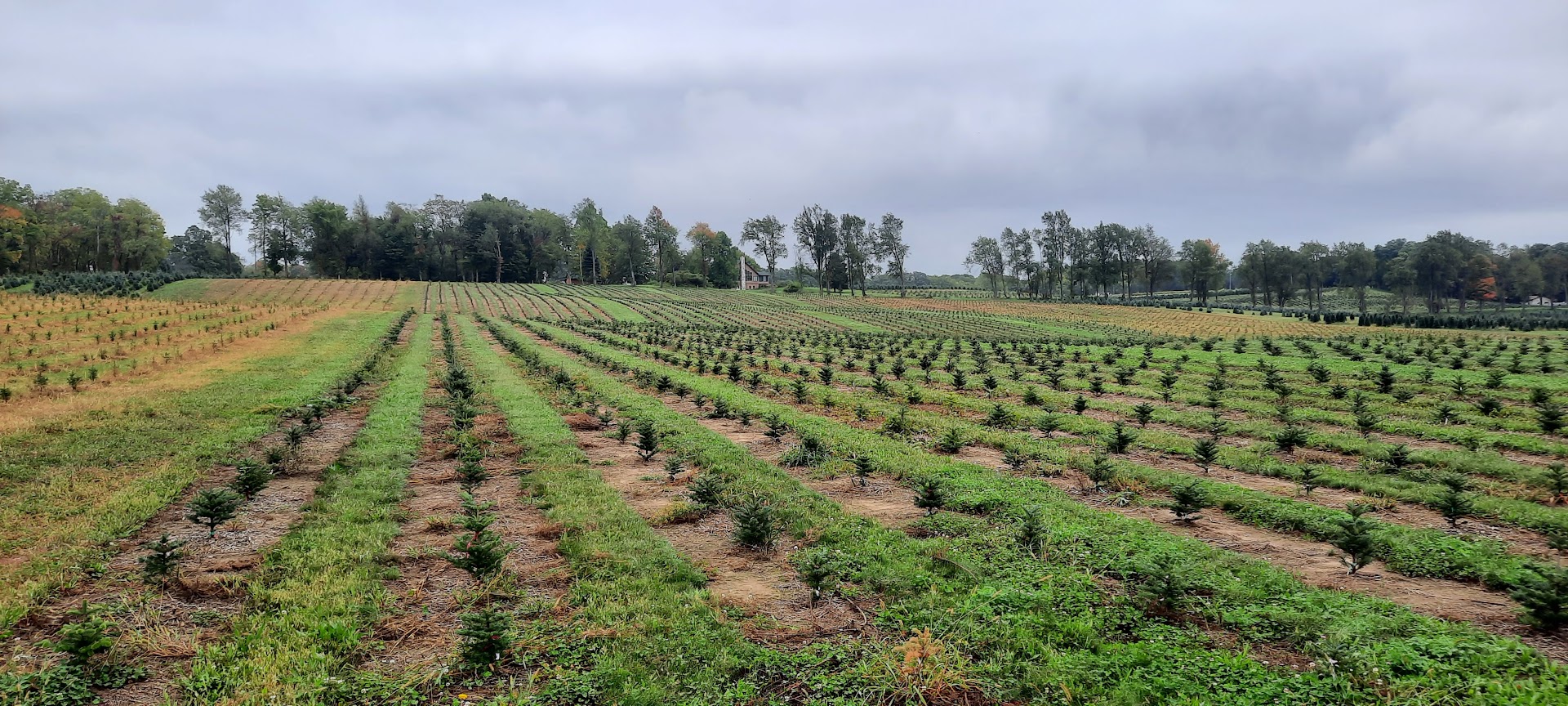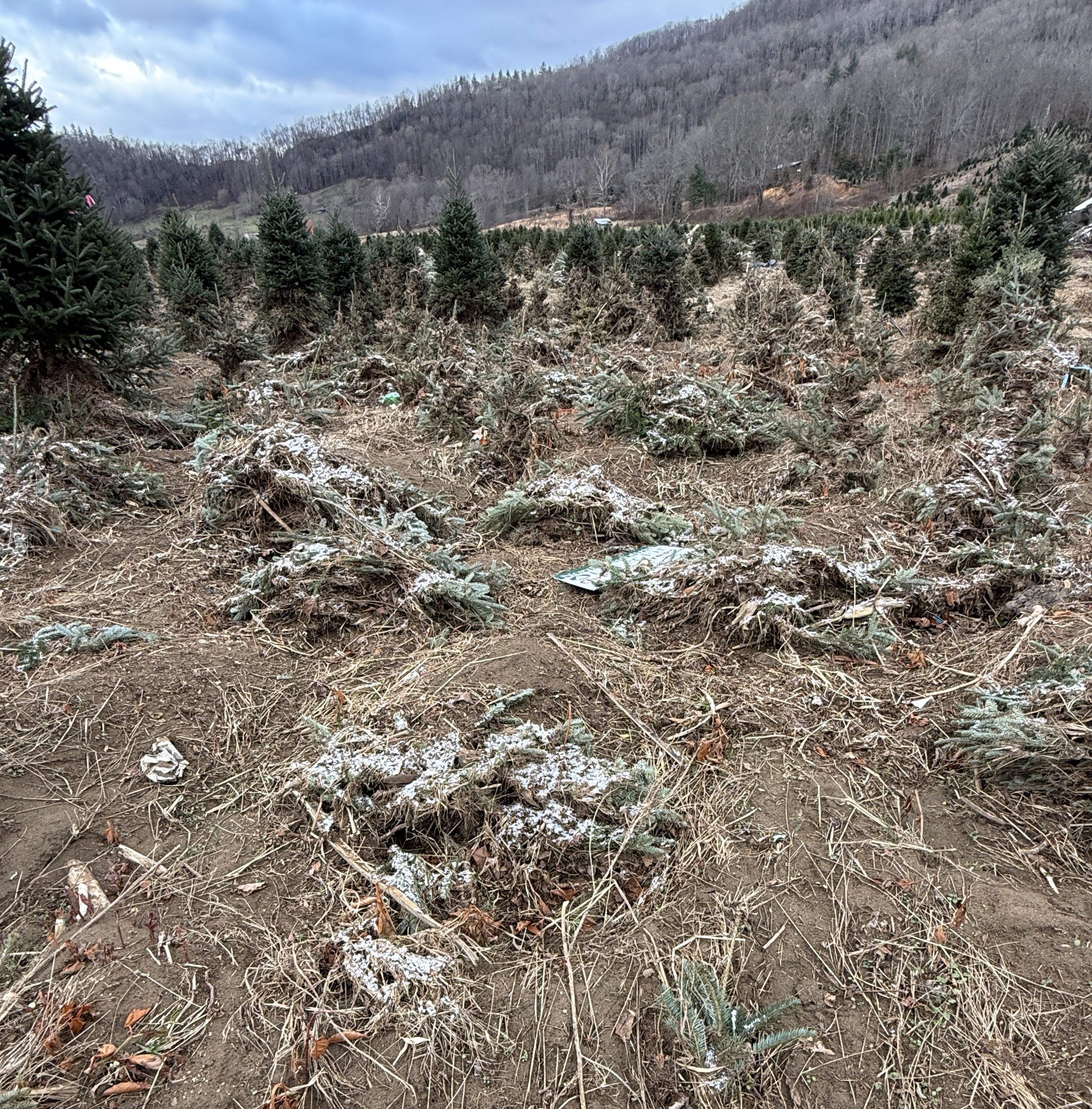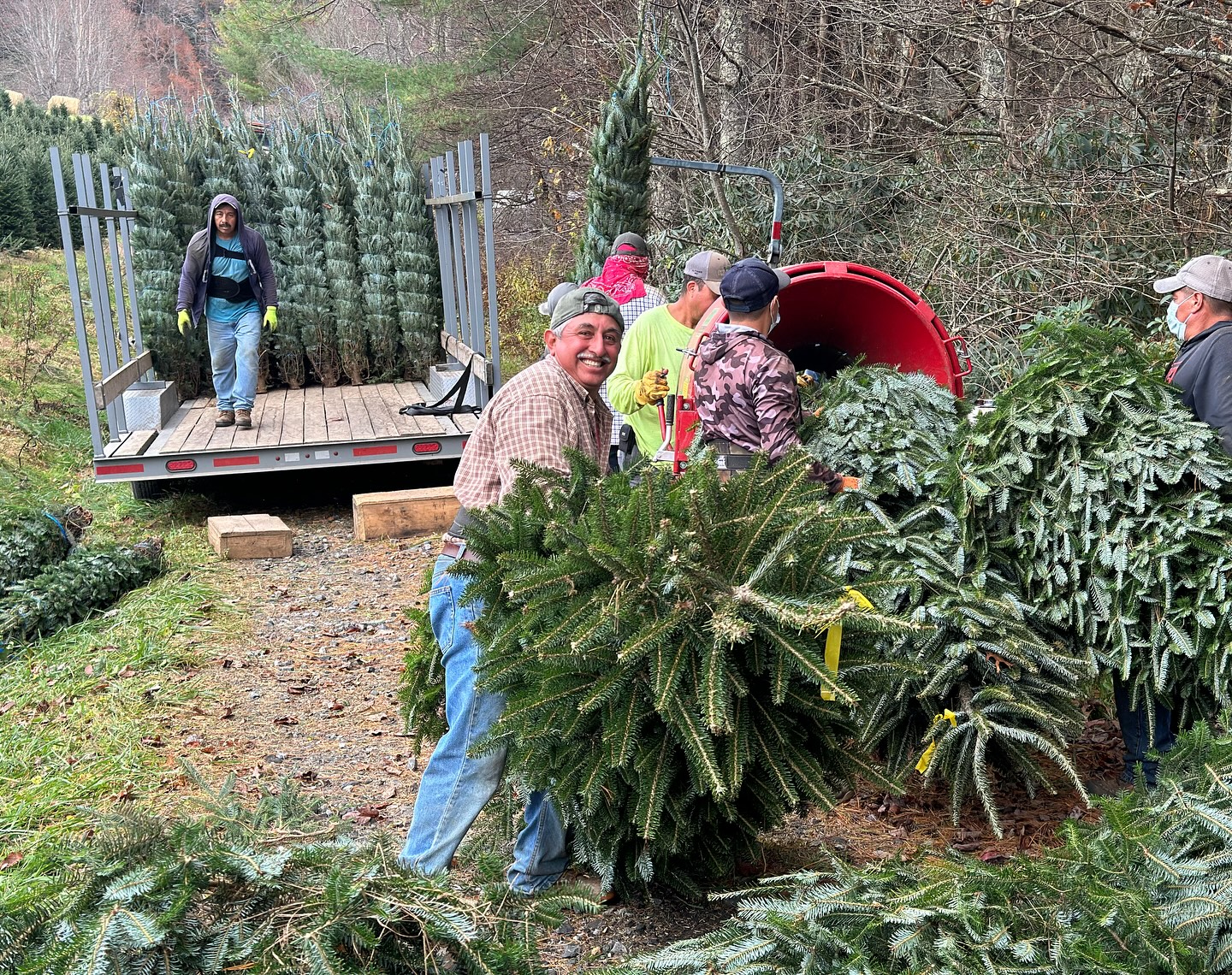Michigan Christmas tree market looks steady for the 2024 season
Despite some media reports, the Northeast drought and damage from Hurricane Helene should have minimal impact on the supply of Christmas trees.

Consumers heading out to retailers will notice that the Christmas retail season continues to start earlier and earlier. Some big box stores and grocery chains had real Christmas trees available for purchase a couple weeks ahead of the traditional Thanksgiving start date (Photo 1).
Weather events from 2024 have generated media attention about the availability and prices for Christmas trees in the U.S. In the northeastern U.S., persistent drought conditions this summer and fall have raised concerns about the effect of dry weather on the supply of trees from states such as New York and Connecticut. While drought conditions in this region have been extraordinary, the impact on Christmas trees has mainly been on young, newly planted trees. Christmas trees usually take 7 to 10 years from planting until harvest. Newly planted trees, such as those planted this spring or last year, are the most sensitive to drought stress and can be killed or stunted by extremely dry weather (Photo 2). In contrast, trees that are older usually have deep, well-established root systems and are less likely to be impacted by drought. As a result, this year’s dry weather should not affect their current harvest.

The other weather-related concern for the Christmas tree market is the potential impacts of severe flooding from Hurricane Helene in North Carolina, which is the second leading state in the U.S. in terms of Christmas tree production (Oregon is No. 1, Michigan is No. 3). Christmas tree farming in North Carolina is concentrated in the western mountainous counties of the state that were heavily impacted by Helene. The Christmas tree markets in Michigan are linked as some operators in Michigan import trees from North Carolina to supplement their local supplies. Also, some growers in Michigan export trees to North Carolina and surrounding states.

Based on media reports and conversations we’ve had with colleagues in North Carolina, some tree farms were flooded or suffered landslides that destroyed trees or infrastructure on their farms (Photo 3). In some cases, the losses were devastating for these growers. Fortunately, the majority of the state’s 900 Christmas tree farms escaped major damage and are proceeding with harvest (Photo 4). Moreover, transportation agencies in the region have worked to repair roads and bridges to allow trees to go to market.
Based on statements from the North Carolina Christmas Tree Association and our contacts in the state, the impact of damage from Hurricane Helene on the Christmas tree market for the eastern U.S. should be minimal.

Although the media often fixates on negative impacts of weather events on various agricultural markets (“Grab your wallet…”), consumers in Michigan and the Midwest should find a steady and stable supply of real Christmas trees this year. Anyone who wants a real tree in 2024 will be able to find one.
To find a choose-and-cut farm or a retail Christmas tree lot near you, visit the Michigan Christmas Tree Association. For help in selecting a real Christmas tree, see the Michigan State University Extension article, "Real Christmas trees: Which one is right for you?"
More information on selecting and caring for your Christmas tree from MSU Extension
Articles
- Tips for success with your first real Christmas tree
- Real Christmas trees: Which one is right for you?
- Making your real Christmas tree last through the holidays
- Christmas trees for connoisseurs: Try an exotic species this year
- Living Christmas trees: Another real tree option
- Why is my Christmas tree beginning to grow?



 Print
Print Email
Email

